As a history writer, one brushes shoulders not only with the living, but also the dead. In researching this article I followed the journey of the Mirabita for the last months of her existence with an increasing sense of anguish, knowing what was going to befall her.
For the most part it was a life of loading and unloading cargo, waiting impatiently for tides and winds, following familiar sea routes, relaxing and enjoying a brief time in the ports across Europe before the the next voyage began, but at Hull, two of the crew found themselves in trouble,
Brothers Salvatore and Miletea, sons of Captain Mirabita found themselves detained on a charge of smuggling. The ship had just been cleared to leave the port for Sunderland but Mr Davis the customs officer, acting on information received, went aboard and searched her. At first he found nothing but then a package containing fine silk and lace was discovered hidden under one of the bunks and both brothers were charged. Miletea pleaded guilty but Salvatore said in his defense that being British citizens, they had every right to bring goods into the country without paying duty. It made no difference. They were each fined £100.
One can imagine the recriminations as the ship was held up for several weeks. Perhaps, had this not happened, the Mirabita might have sailed past the south coast of the Isle of Wight days earlier. Perhaps the weather would have been clear and calm. Perhaps...who knows?


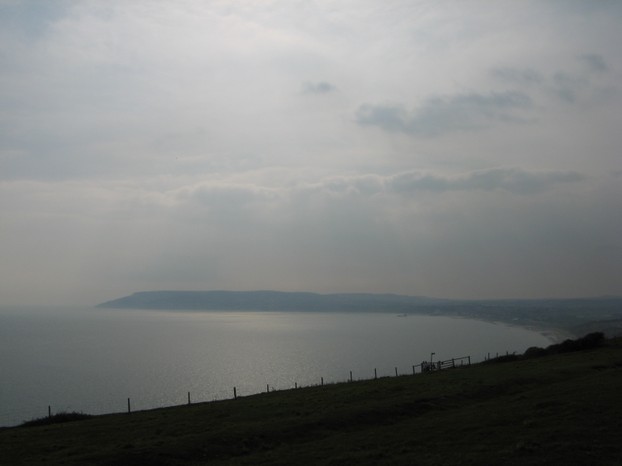
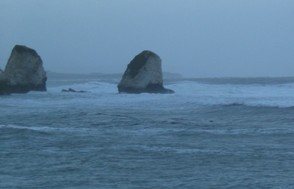
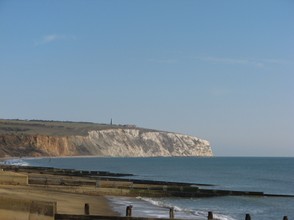
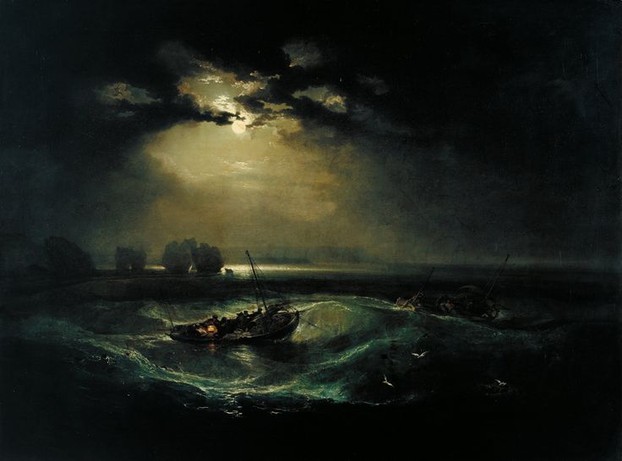
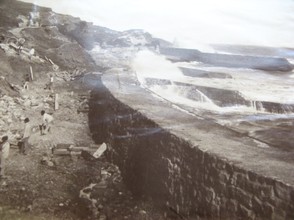
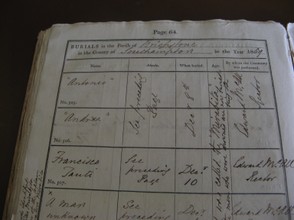
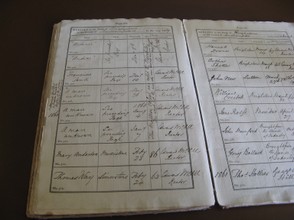
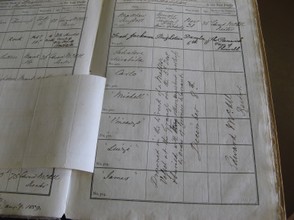
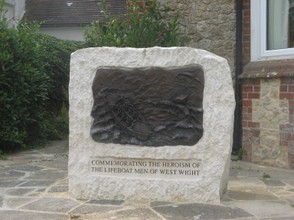
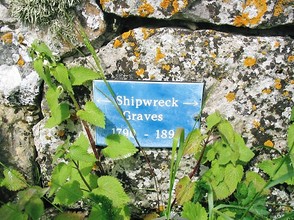
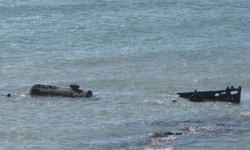

 Snooker Dooperon 04/28/2019
Snooker Dooperon 04/28/2019
 The Isle of Wight - as seen through Windowson 08/10/2017
The Isle of Wight - as seen through Windowson 08/10/2017
 Turning the Mattresson 10/27/2015
Turning the Mattresson 10/27/2015
 The Countess of Clare - Marriage, Love, Good Workson 04/17/2015
The Countess of Clare - Marriage, Love, Good Workson 04/17/2015
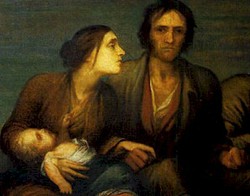
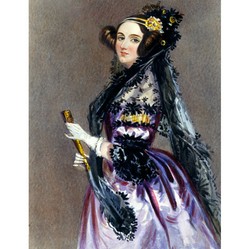
Comments
Amazing and anguishing, indeed. There is such a strange thing about the story of ships and men lost at sea. Those accounts can't help but draw you in, and your account certainly follows suit.
What a sad story, Jan. I can imagine how you felt while you were researching this tale. You;ve managed to unearth some interesting photographs too, all of them helping to illuminate your text. The Aftermath and the Footnote were both essential add-ons I feel, so thank you for those.